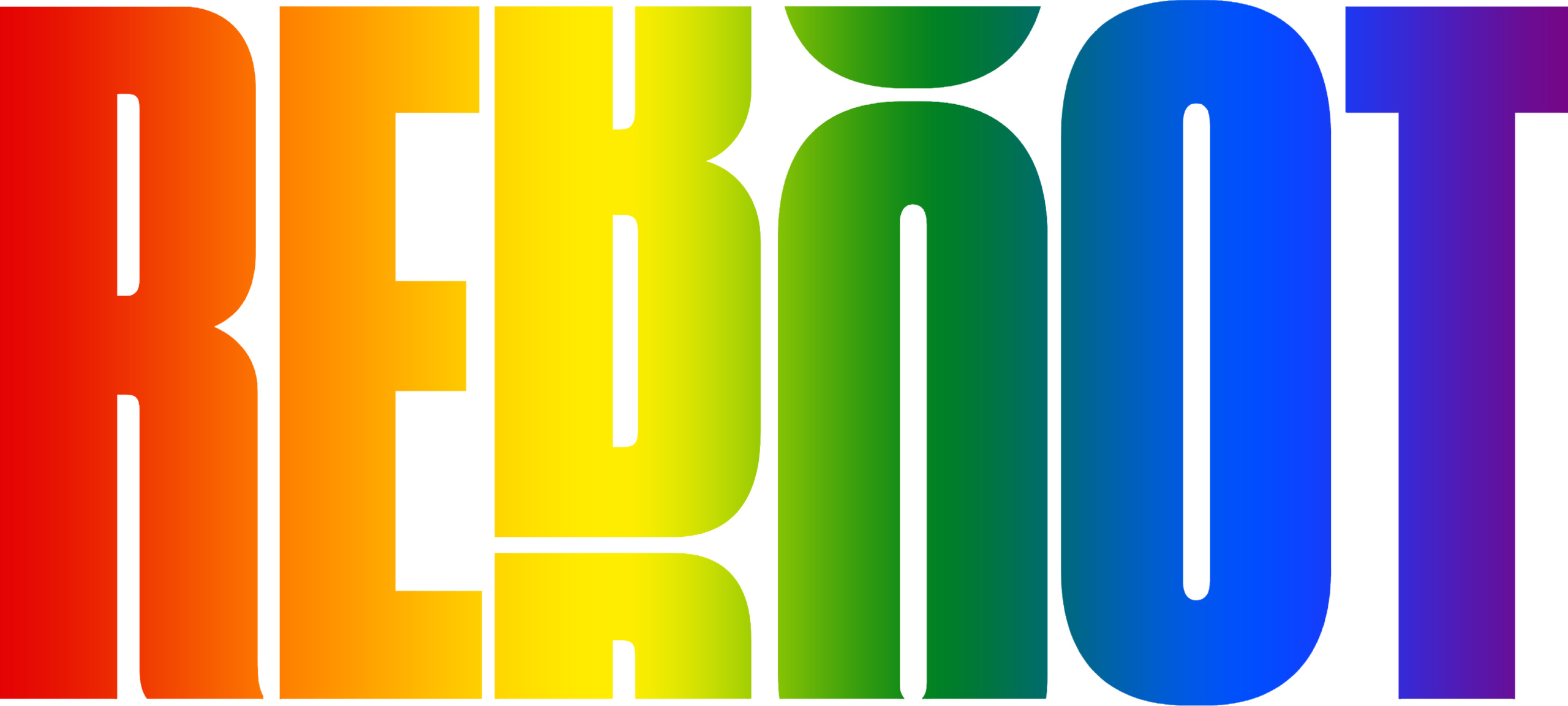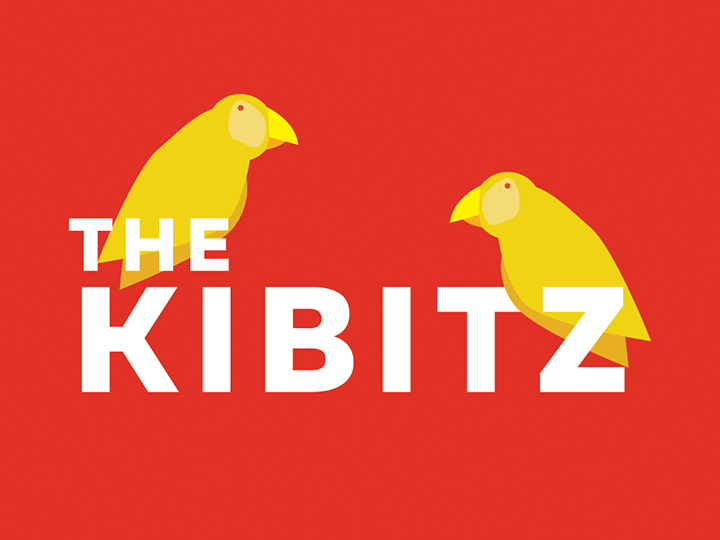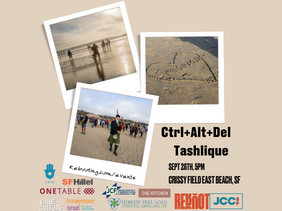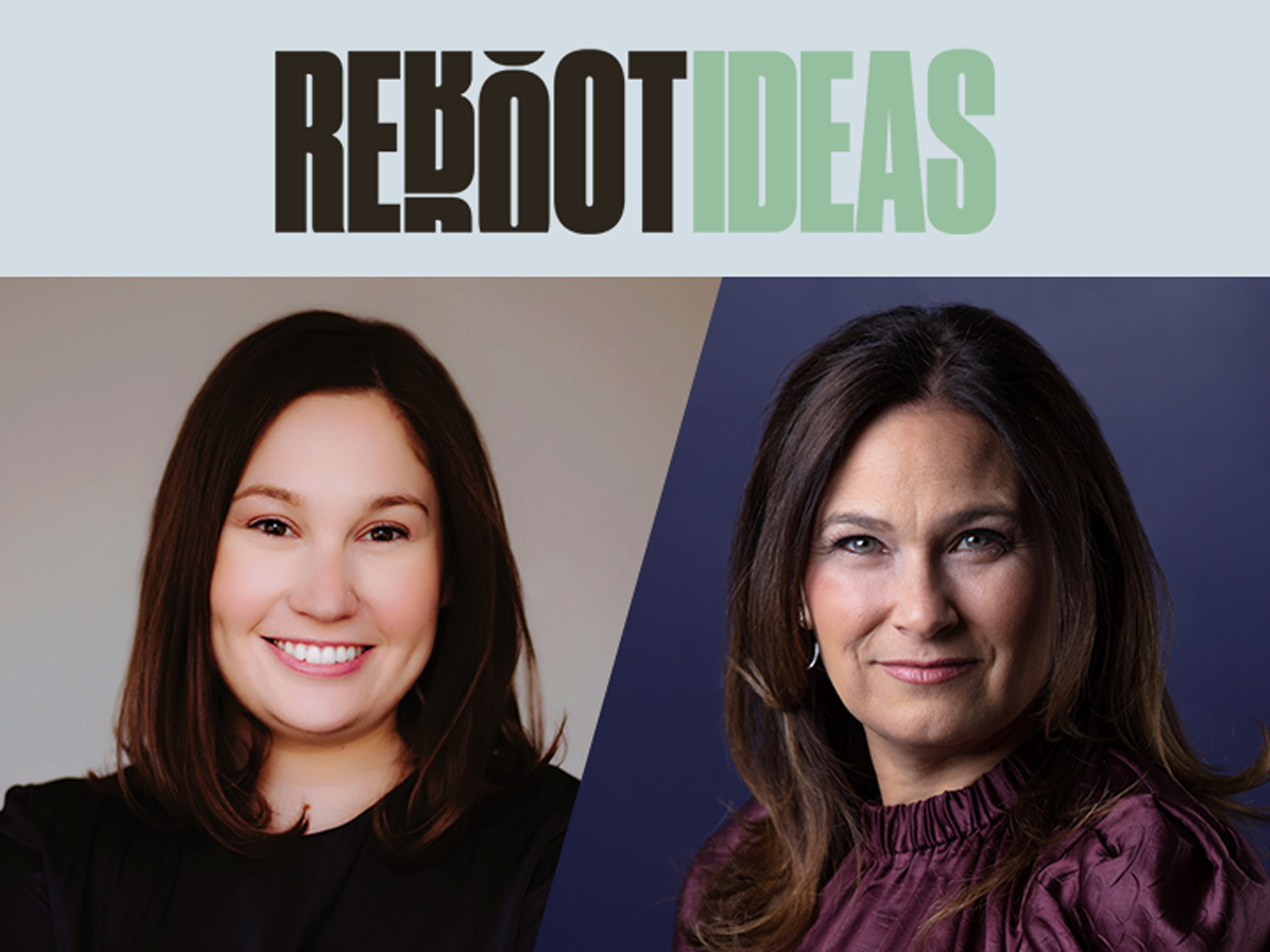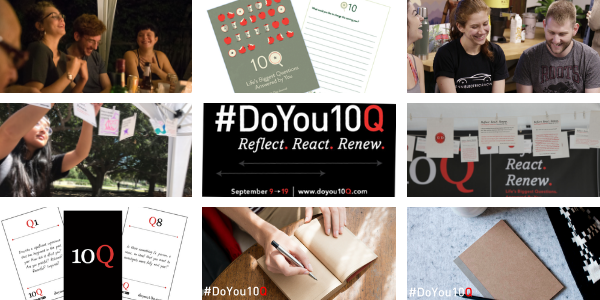An Epidemic of Silence
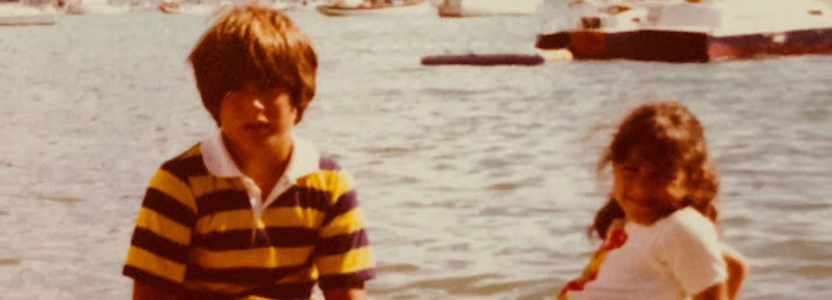
One of my favorite memories of my brother Matt is from when we were both still little kids and blissfully unaware of how others perceived us. I was leaning back on a white wicker chair with my feet pushed against a matching wicker desk, singing off-key to one of my new 45s playing on my plastic Fisher-Price turntable, when Matt shot around the corner and yelled, “Boo!” The shock caused me to fall back in the chair (a fate my dad warned me about whenever I sat like this) and hit the ground, which was thankfully carpeted. Matt and I then laughed so hard our bellies ached, and I had that feeling of being with my best friend in the world.
This memory came back to me for the first time in September 2020 when I was thinking about what to say at Matt’s funeral. It was one of those destabilizing moments during the early grieving process that knocks your legs out from under you.
Matt and I grew up in the suburbs that dot Chicago’s lakefront to the north. Even though our father was a devout atheist, both my parents were born to Jewish families, and the one year my parents had a Christmas tree, my grandmother refused to step foot inside our house. While my family pulled out the Mogen David for holidays, I remember hearing more than one relative say something to the effect of, “Jews don’t really drink,” or “Jews aren’t alcoholics.” Messages like these stick in the brains of little kids sitting around holiday dinner tables. And this one stuck with me.
There were years where I was afraid to pick up the phone because of a string of bad news. There was my mom’s cancer, my dad’s heart attacks, my dad’s fatal fall, my discovery of having the breast and ovarian cancer (BRCA) mutation, and then my own breast cancer diagnosis. More recently it was Matt that I was worried about. I learned from a friend of his, also over the phone, that Matt had been struggling with heroin addiction for years. It was a complete shock.
When I made a documentary about having a BRCA mutation in 2008, my mom explained that it wasn’t until a conversation we had in the film that she realized that she was named after her grandmother who died of breast cancer and her aunt who died of ovarian cancer. “We just never talked about cancer,” she explained. And we just never talked about addiction.
Just think about it. If it was that difficult to talk about having cancer in Jewish families, how about having a chronic disorder that is viewed by your community as not only a moral failing, but an outsider problem? “Heroin addiction, that is something that impacts other people, not us.” It was a dangerous falsehood that could be traced right back to the holiday dinner table. What was it like to be the person who shatters that myth? Is this why Matt chose to live so much of his addiction in silence? I never had a chance to ask him that question.
The phone rang again one September morning when my kids were snuggled next to me in bed. On the other end was the news that Matt had died from an overdose.
No one is immune to addiction. It’s about time we started being honest, loud, supportive, and loving to those struggling with addiction in our families and communities. We owe it to those we have lost and those who need us right now. That’s why this year, I released “Brother,” a short, animated documentary based on conversations with Matt about the spiral of his addiction and the shame and stigma that made recovery that much more elusive.
Reboot Network member Joanna Rudnick is an Emmy-nominated documentary filmmaker and science journalist based in the Bay Area. Her work has been broadcast and streamed on several outlets in over a dozen countries. She is drawn to stories at the intersection of health and humanity. “Brother” is available to watch on PBS digital.
